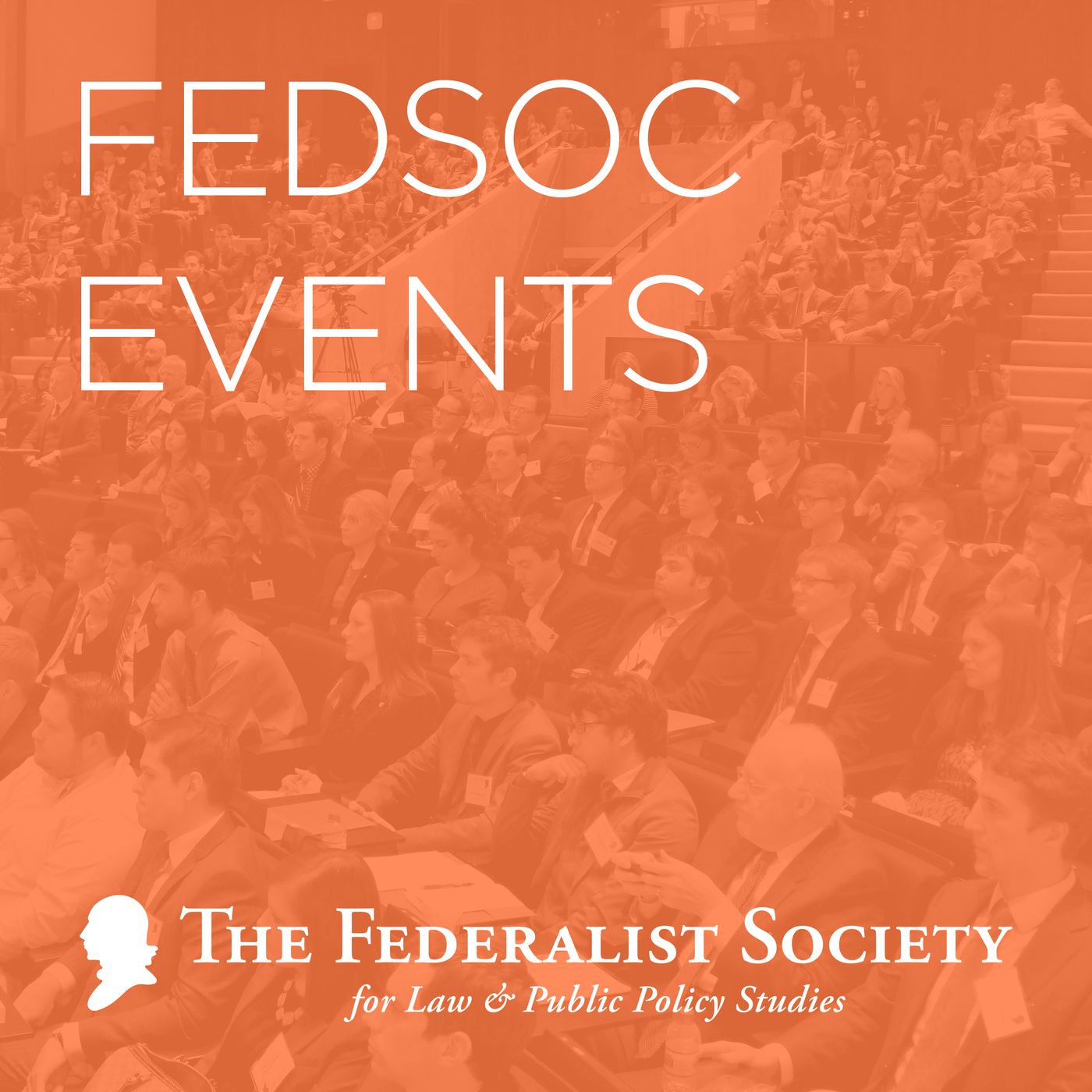Panel Discussion: The Consequences of Disruption
Description
Collegiality and the presumption that opposing counsel work together in good faith are bedrocks of the American legal profession, as well as unpopular ideas and clients being able to obtain competent representation and equal access to justice under the law. In recent years, there has been an increase in disruptive activity in law schools. We have seen law students declare ideas "too harmful" for open debate and try to “cancel” or “shame” anyone who challenges their views. We have also seen instances where law students shout down invited speakers, even federal judges. But today's law students are tomorrow's lawyers. How should the legal profession prepare to deal with these recent trends on campus? What’s the responsibility of faculty and administrators to model and educate on appropriate behavior in an academic community and in the legal profession? Should there be consequences for students that engage in disruptive activity in law school? Should legal employers be concerned how these students will handle representing clients and making arguments that do not align with their own views? Should clients be worried about hiring lawyers that have personally disrupted an event by a judge? Our panel will feature leaders from all the major institutions that will have to answer these important questions: academia, the courts, law firms, and in-house legal departments.
Featuring:
Robert Ahdeih, Dean and Anthony G. Buzbee Endowed Dean's Chair and Vice President for Professional Schools and Programs, Texas A&M University
Hon. Jimmy Blacklock, Justice, Supreme Court of Texas
Gregg Costa, Partner, Gibson, Dunn & Crutcher LLP
Hiram Sasser, Executive General Counsel, First Liberty Institute
J. Ammon Smartt, General Counsel, North America; Global Lead Counsel, Treasury, WTW
Moderator: Hon. Reed O’Connor, U.S. District Court, Northern District of Texas
More Episodes
Published 10/15/24
Published 10/15/24
This year's roll-out of the new Free Application for Federal Student Aid (FAFSA) has changed postsecondary education for students, institutions, and federal policymakers. This evolving landscape will be explored by Emmanuel Guillory from the American Council on Education, Steve Taylor from the...
Published 08/06/24


